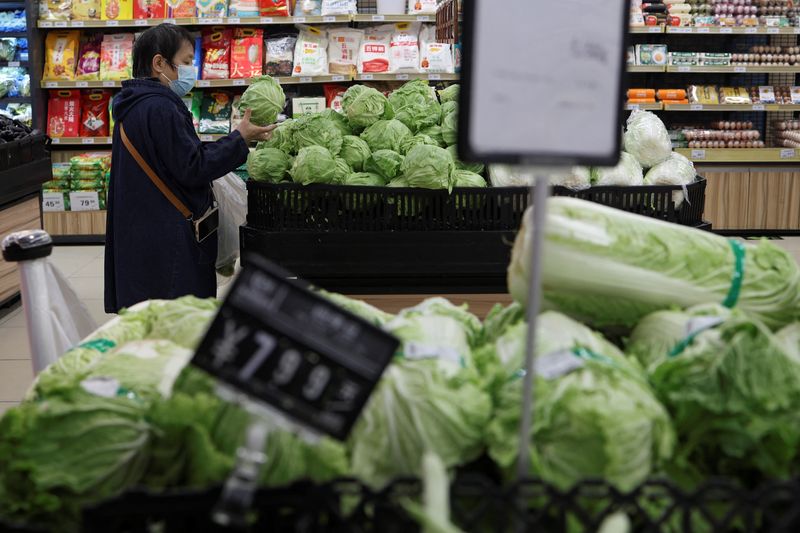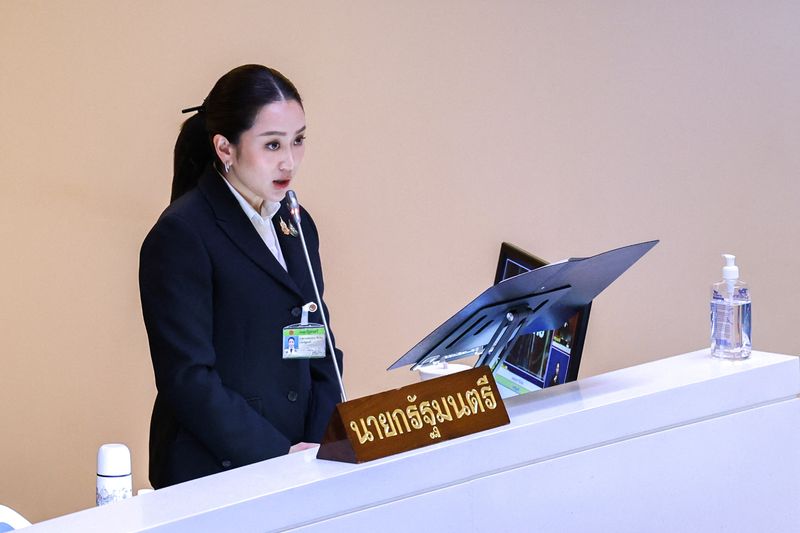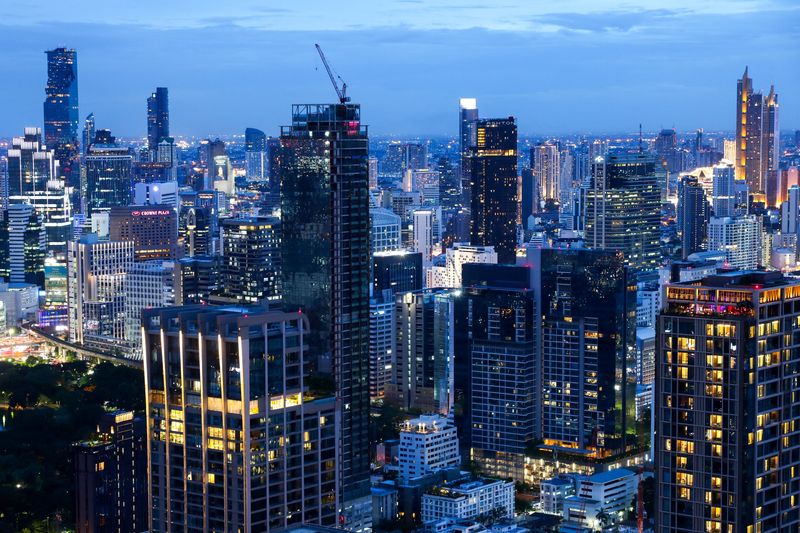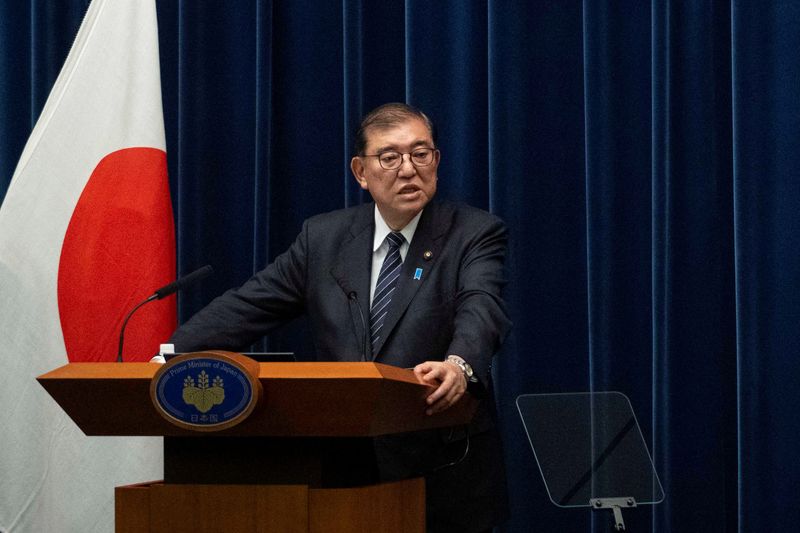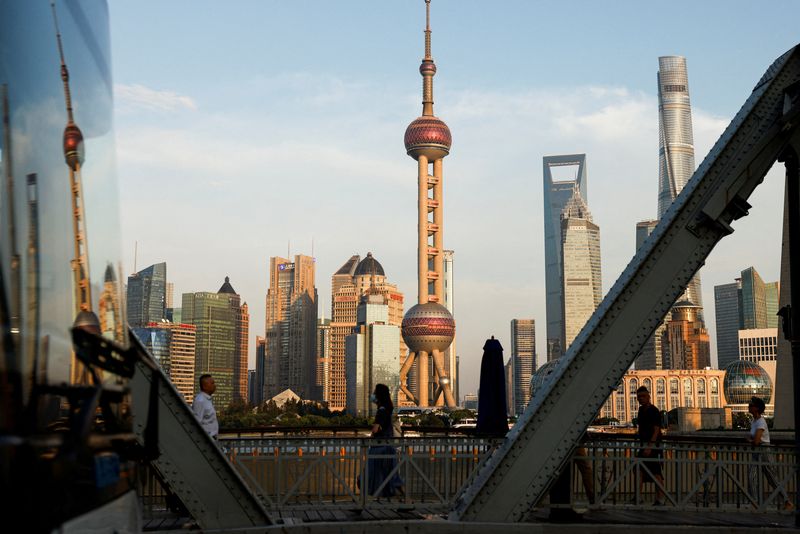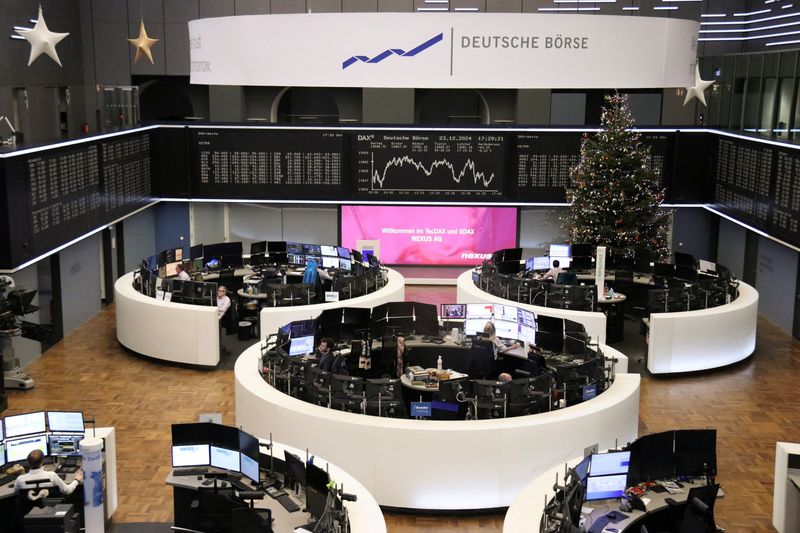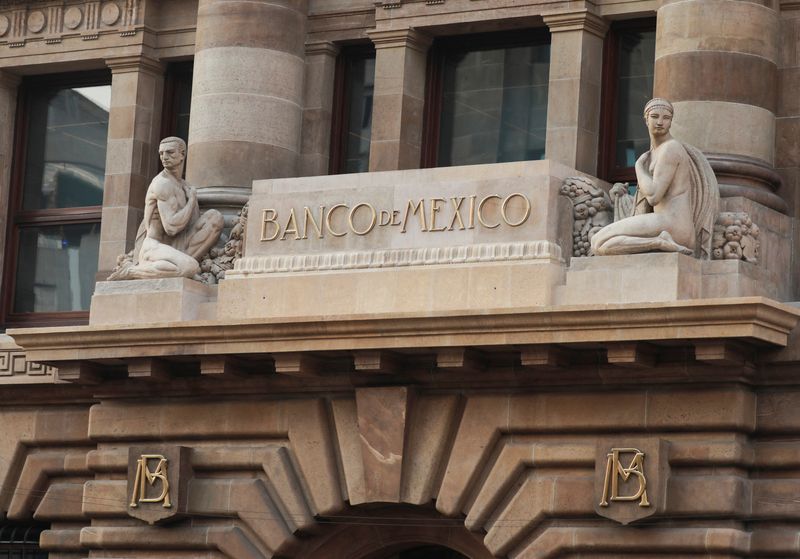By Leika Kihara
TOKYO (Reuters) -Core inflation in Japan’s capital matched the central bank’s 2% target in September, data showed, a sign the economy is making progress in meeting the criteria for further interest rate hikes.
While political and overseas economic uncertainties may prod the Bank of Japan to stand pat in October, the solid inflation reading will keep alive market expectations for another rate hike in December or early next year, analysts say.
The Tokyo core consumer price index (CPI), which excludes volatile fresh food costs, rose 2.0% in September from the previous year, data showed on Friday, matching the BOJ’s target and the median market forecast.
It slowed from a 2.4% increase in August due largely to the resumption of government subsidies to curb utility bills. Tokyo CPI data is considered a leading indicator of nationwide prices.
A separate index that strips away the effects of both fresh food and fuel costs, closely watched by the BOJ as a broader price trend indicator, increased 1.6% in September from a year earlier after rising at the same pace in August.
Service prices rose 1.2% in September after a 1.3% gain in August, suggesting that companies were passing on labour costs from rising wages as the BOJ projects.
The focus is now on whether service price rises accelerate in October, when Japanese firms typically make biannual revisions to prices for goods and services.
“With wages rising, companies may hike service prices but there’s a lot of uncertainty on whether such moves will become broad-based,” said Yoshiki Shinke, senior executive economist at Dai-ichi Life Research Institute.
“Weak exports and the yen’s recent rebound may also hurt manufacturers’ profits, which could discourage them from raising wages much next year,” he said.
The BOJ ended negative interest rates in March and raised its short-term policy rate to 0.25% in July on the view Japan was making steady progress towards durably achieving its 2% inflation target.
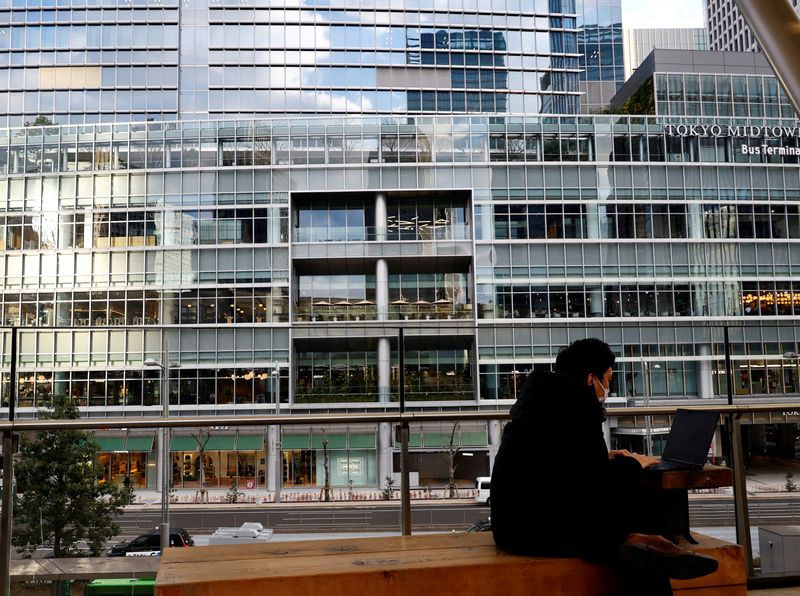
BOJ governor Kazuo Ueda has said the bank will keep raising rates if inflation remains on track to stably hit 2% as it projects, though he stressed the bank will spend time gauging how global economic uncertainties affect Japan’s fragile recovery.
Japan’s economy expanded an annualised 2.9% in the second quarter as steady wage hikes underpinned consumer spending. Capital expenditure continues to grow, though soft demand in China and slowing U.S. growth cloud the outlook for the export-reliant country.


